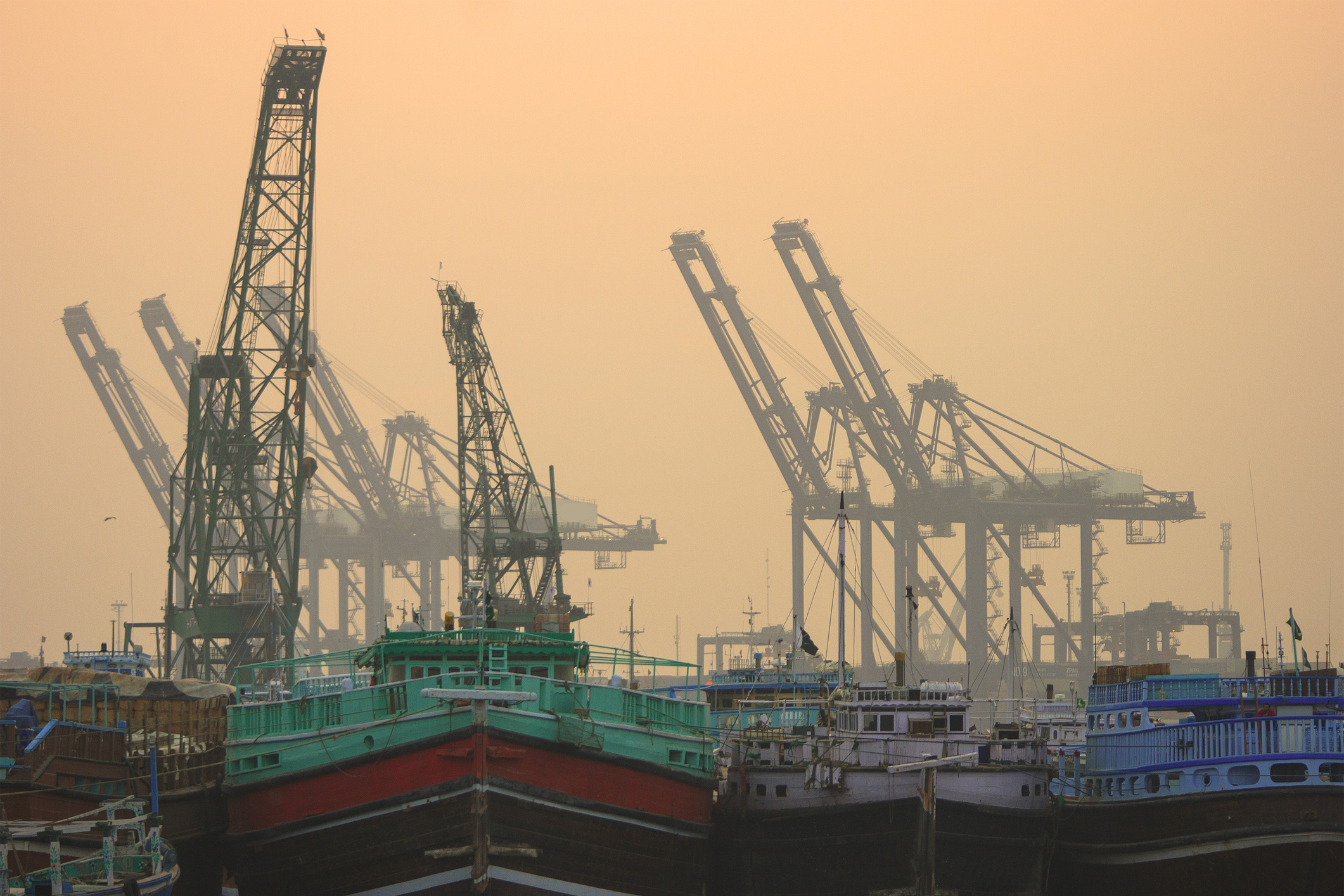The Rajya Sabha on Monday passed the Indian Ports Bill, 2025, bringing to an end more than a century of colonial-era regulation under the Indian Ports Act of 1908. The new legislation, already cleared by the Lok Sabha and awaiting Presidential assent, seeks to modernise India’s maritime governance, improve Centre–State coordination and create an investor-friendly framework to boost port-led growth.
Union Minister of Ports, Shipping & Waterways Sarbananda Sonowal called the passage of the Bill “a milestone reform that unlocks India’s maritime potential.” Addressing the Upper House, he said, “Ports are not just gateways for goods, they are engines of growth, employment and sustainable development. With the Indian Ports Bill, 2025, India moves from catch-up mode to global maritime leadership.” He added that the reform reflected the vision of Prime Minister Narendra Modi, who has pushed for policies that shed colonial legacies and align India with global standards.
The maritime sector has seen robust expansion in the past decade. Cargo handling at major ports rose from 581 million tonnes in 2014–15 to a record 855 million tonnes in 2024–25, while capacity grew by 87 percent. The average turnaround time for ships has halved to 48 hours, matching global benchmarks. Coastal shipping volumes more than doubled, and cargo movement on inland waterways surged nearly sevenfold. Nine Indian ports have already been ranked among the best globally by the World Bank. Yet, industry voices had long demanded a law suited to contemporary realities, which this Bill now delivers.
The new legislation provides for the creation of the Maritime State Development Council as a statutory consultative body to coordinate between the Centre and coastal States and prepare a National Perspective Plan for integrated development. It allows States to set up their own Maritime Boards for greater transparency and uniformity in governance, and establishes Dispute Resolution Committees for sector-specific redressal. The Bill also mandates compliance with global environmental norms, including MARPOL and Ballast Water Management conventions, while ensuring ports maintain emergency preparedness systems. Digitalisation will be a core feature, with a Maritime Single Window and advanced vessel traffic systems aimed at cutting costs and delays.
According to Sonowal, the reforms bring India in line with leading port nations such as Singapore, South Africa, members of the European Union and the United States. He stressed that the Bill embodies cooperative federalism by placing the Centre and States on equal footing in port-led development, while steering India closer to its ambition of becoming a global maritime power by 2047.














